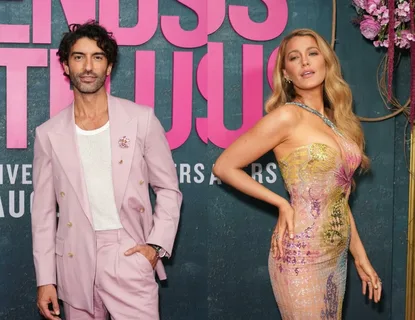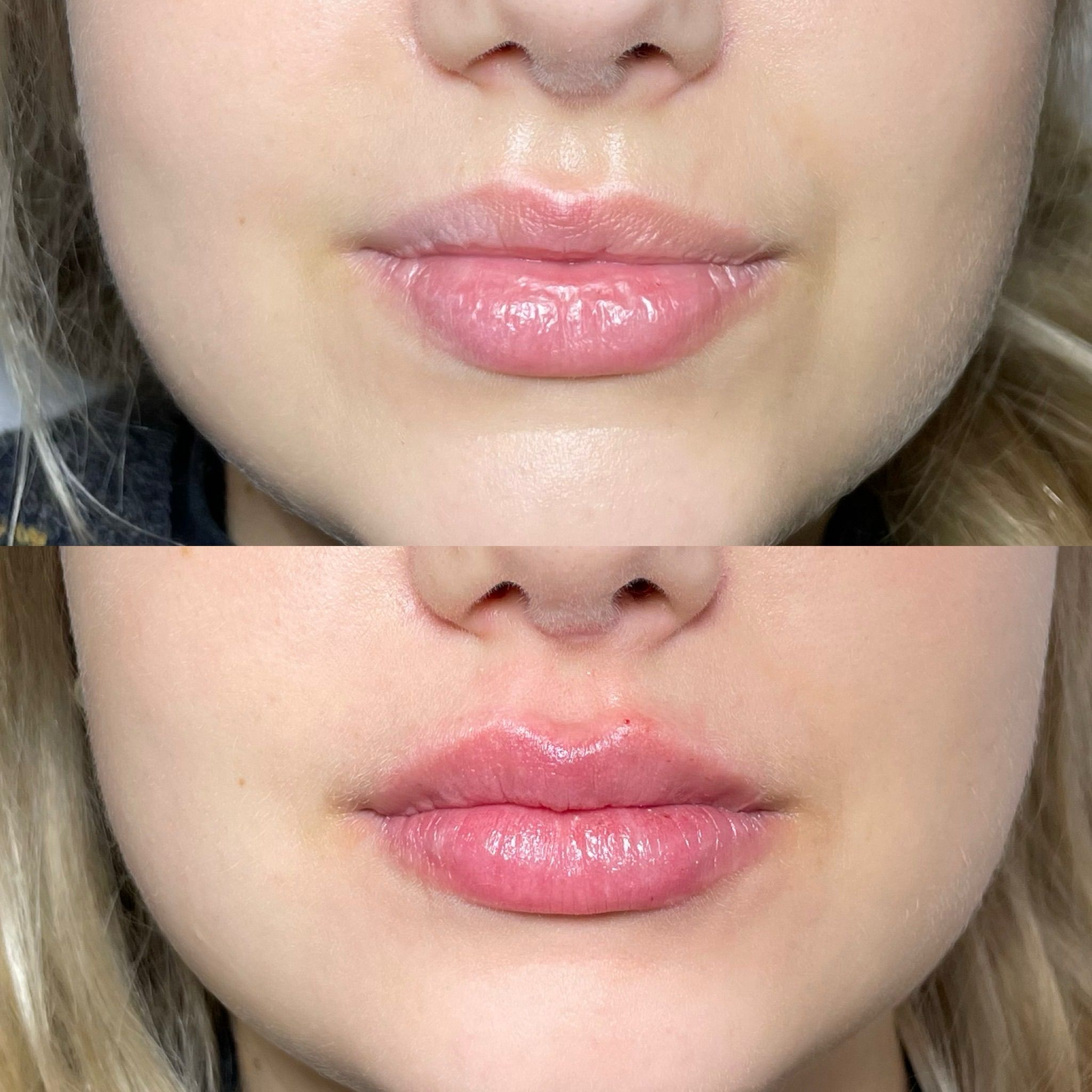A Legal Clash Takes Center Stage
A legal showdown is intensifying between actress Blake Lively and actor-director Justin Baldoni, with Lively seeking dismissal of Baldoni’s defamation lawsuit on the grounds that the claims are retaliatory and abusive. In a motion filed recently, Lively’s legal team argues that the lawsuit violates California laws designed to protect individuals who speak out about sexual misconduct.
The latest motion cites Assembly Bill 933, a relatively new piece of California legislation enacted in 2023, that shields individuals from defamation claims when they speak publicly about harassment or retaliation — unless they knowingly lie. Lively’s attorneys assert that Baldoni’s lawsuit falls squarely under the category of what the law was designed to prevent.
Lively’s Legal Team Responds Decisively
In the court documents filed (as reported by Deadline), Lively’s attorneys claim that the defamation countersuit from Baldoni is not only unfounded but also constitutes a weaponized use of the legal system. The motion categorically refers to Baldoni’s actions as an “abuse of the legal process” and argues that such cases have no legitimate place in federal court.
“The law prohibits weaponizing defamation lawsuits, like this one, to retaliate against individuals who have filed legal claims or have publicly spoken out about sexual harassment and retaliation,” the filing states.
According to attorneys Mike Gottlieb and Esra Hudson, the core of the lawsuit is fundamentally flawed. “This lawsuit is a profound abuse of the legal process that has no place in federal court,” the legal team stated. They further emphasized that California’s legal landscape has changed, and AB 933 is clear in its intent: to protect individuals who step forward with claims of sexual harassment or discrimination from being silenced through litigation.
Understanding Assembly Bill 933
Key Provisions of AB 933
Assembly Bill 933 was introduced as a legal safeguard for individuals who disclose experiences of sexual misconduct, assault, or harassment. Under this law, a person who speaks out — either in a legal setting or in public — is protected from defamation lawsuits as long as their statements aren’t made with “actual malice.” This legal term refers to a situation where the speaker either knows the statement is false or acts with reckless disregard for the truth.
The bill was passed to encourage survivors and witnesses of misconduct to speak without fear of retaliation through costly and prolonged defamation suits. AB 933, thus, shifts the balance of power in defamation claims, ensuring the legal process is not used to suppress speech regarding workplace abuse, harassment, or discrimination.
Implications for Lively’s Case
Lively’s legal team claims that her public comments and complaints regarding Baldoni’s alleged behavior fall well within the protection of AB 933. Since the law allows such disclosures unless they were knowingly false or malicious, the motion argues that Baldoni’s countersuit should not proceed.
The motion also calls for the court to not only dismiss the lawsuit but also to order Baldoni to cover Lively’s legal fees — a common request in cases where one party is seen as initiating a meritless legal action intended to intimidate or silence.
Justin Baldoni’s Countersuit and Its Context
The Nature of the Defamation Claim
Baldoni’s lawsuit centers around what he claims are defamatory statements made by Lively and, separately, by her husband, actor Ryan Reynolds. According to Baldoni, both individuals have made public and private remarks that he considers damaging to his personal and professional reputation.
Key among the claims is the accusation that Reynolds referred to Baldoni as a “predator” on at least two occasions. Baldoni also cites a character named “Nicepool” in the upcoming Deadpool & Wolverine movie as a parody aimed at mocking him.
Baldoni’s legal complaint argues that these instances represent an orchestrated character attack that has harmed his career and standing in the industry. However, critics of the lawsuit — including Lively’s and Reynolds’ legal representatives — describe it as legally flimsy and deeply rooted in personal animus rather than actionable harm.
Allegations of Retaliation
One of the most contentious aspects of the case is the assertion by Lively and Reynolds that Baldoni is retaliating for past allegations against him. Lively’s legal complaint references previous private and formal complaints where she accused Baldoni of sexual harassment and retaliation. The lawsuit, according to Lively’s team, is a clear effort to intimidate and discredit her for coming forward.
As noted in the court motion, “California law now expressly prohibits suing victims who make the decision to speak out against sexual harassment or retaliation, whether in a lawsuit or in the press.”
This raises an essential question for the court: is Baldoni’s lawsuit a legitimate claim of defamation, or is it a strategic legal counterattack meant to chill free speech and discourage others from speaking out?
Ryan Reynolds Also Files Motion to Dismiss
Reynolds Enters the Legal Battle
In a surprising development, Ryan Reynolds filed his own motion to dismiss Baldoni’s claims against him. Reynolds, who is married to Lively, has been pulled into the legal fray through accusations that he defamed Baldoni by calling him a “predator” and by allegedly creating a character to ridicule him.
Reynolds’ legal filing argues that even if he did make those remarks — which the complaint neither fully admits nor denies — such statements do not meet the legal standard for defamation unless they were made with knowledge of their falsehood or reckless disregard for the truth.
“The entirety of Plaintiffs’ defamation claim appears to be based on two times that Mr. Reynolds allegedly called Mr. Baldoni a ‘predator,’” the motion reads. “But, the FAC alleges no plausible facts that suggest Mr. Reynolds did not believe this comment to be true.”
A Defense Rooted in the First Amendment
Reynolds’ attorneys argue that he is protected under the First Amendment to express his opinion, particularly when such opinions are based on allegations made by his wife, and on Baldoni’s own public statements. The motion adds that Baldoni himself has spoken in the past about pushing boundaries in relationships — further weakening his standing in a defamation case.
“Mr. Reynolds has a First Amendment right to express his opinion of Mr. Baldoni, which should be comforting to a group of people who have repeatedly called Ms. Lively and Mr. Reynolds ‘bullies’ and other names over the past year,” the motion continues.
The court will need to consider whether Reynolds’ remarks were expressions of opinion — which are protected — or defamatory falsehoods intended to damage Baldoni’s reputation.
The Broader Impact on Hollywood and Free Speech
A Growing Trend of Retaliatory Lawsuits
In recent years, a troubling pattern has emerged within the entertainment industry and other professional fields: the use of defamation lawsuits as tools to intimidate or retaliate against individuals who speak out about misconduct. This phenomenon has drawn concern from legal experts and advocacy organizations who argue that such lawsuits represent an abuse of process and a significant barrier to justice.
By citing AB 933, Lively’s motion aligns itself with a growing body of legal doctrine meant to dismantle these practices. Her case could become a litmus test for how courts apply the new law, particularly when it intersects with celebrity, media influence, and reputational damage.
Potential Precedent-Setting Implications
If the court grants Lively’s and Reynolds’ motions to dismiss, it could signal a strong precedent in California and potentially across other jurisdictions. The move would reinforce AB 933’s power and send a message that retaliation through legal channels will not be tolerated — even against high-profile individuals.
On the other hand, should the case proceed, it may open the door for further scrutiny into how and when individuals can speak out about misconduct, and whether the current legal protections are sufficient to guard against chilling effects on free speech.
Where the Case Stands Now
Awaiting a Judicial Ruling
As of now, the court has not ruled on the motions filed by Lively and Reynolds. The legal arguments laid out in their motions will be reviewed in the coming weeks, and a determination will be made about whether the lawsuits have legal merit or whether they should be dismissed under California’s legal protections.
The decision could come with additional consequences — such as whether Baldoni will be required to pay the legal fees of the parties he sued — depending on the court’s findings on intent and malice.
Public Perception and Industry Reactions
Outside the courtroom, the case is generating intense public interest. Both Lively and Reynolds enjoy considerable goodwill from fans and peers, while Baldoni, known for promoting empathy and kindness through his media work, finds himself facing allegations at odds with his public persona.
Industry insiders are closely watching the case for what it could reveal about power dynamics, personal accountability, and the limits of public discourse in a post-#MeToo world.
Conclusion
The legal battle between Blake Lively and Justin Baldoni is far from a simple defamation dispute. It touches on complex themes of free speech, retaliation, and the evolving protections for individuals who speak out against misconduct in Hollywood. As the case unfolds, it will likely influence not only legal strategy but also broader conversations around justice, advocacy, and the misuse of the legal system.
With California’s Assembly Bill 933 now being put to the test in a high-profile setting, its effectiveness and boundaries will be scrutinized. For now, both sides await the court’s next move — one that could have long-lasting implications far beyond a single lawsuit.
- Evan Name Meaning - June 5, 2025
- Virginia’s Most Popular THC Infused Drinks - June 5, 2025
- Nebraska’s THC Infused Seltzer Recommendations - June 4, 2025






